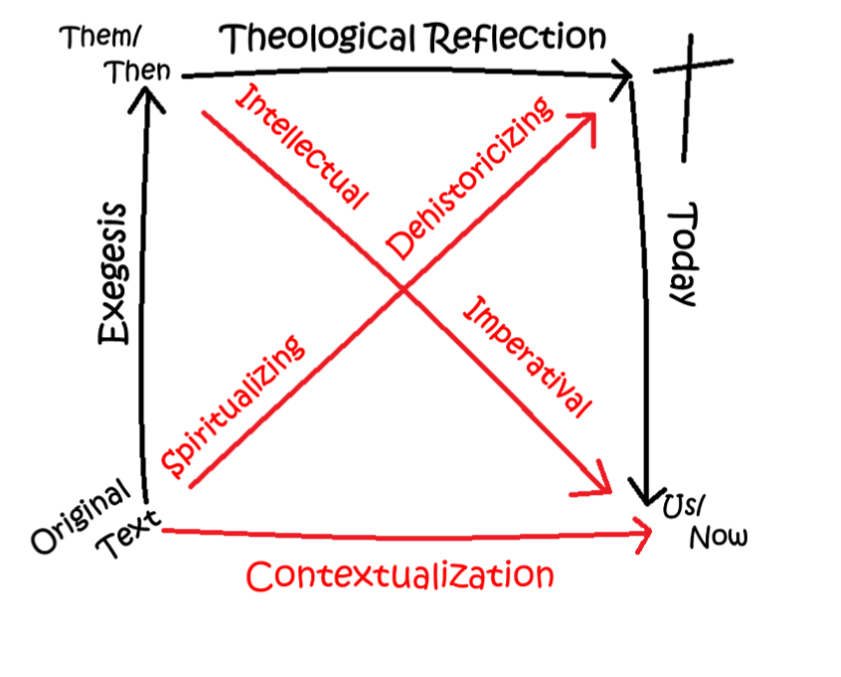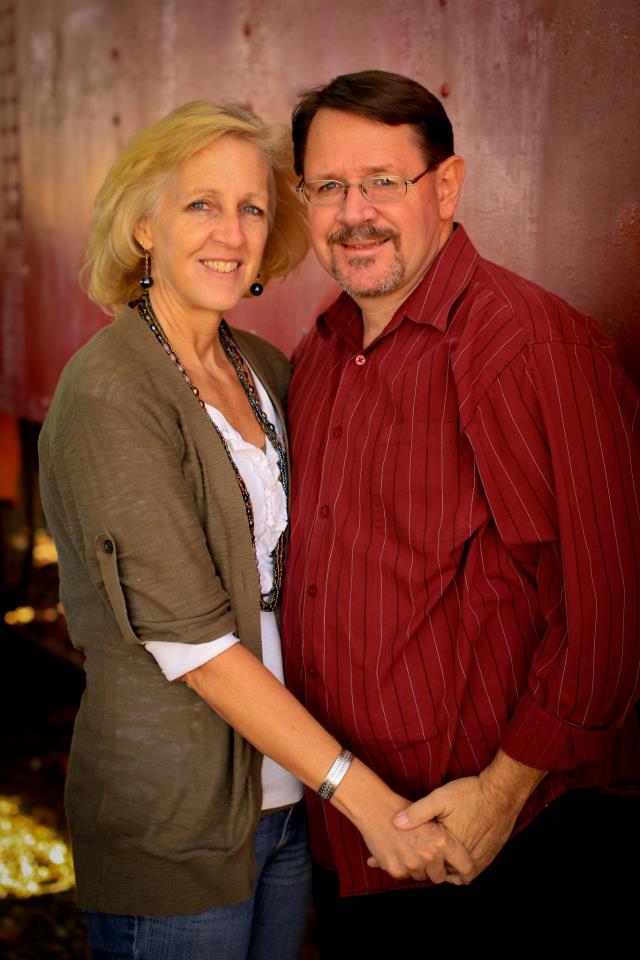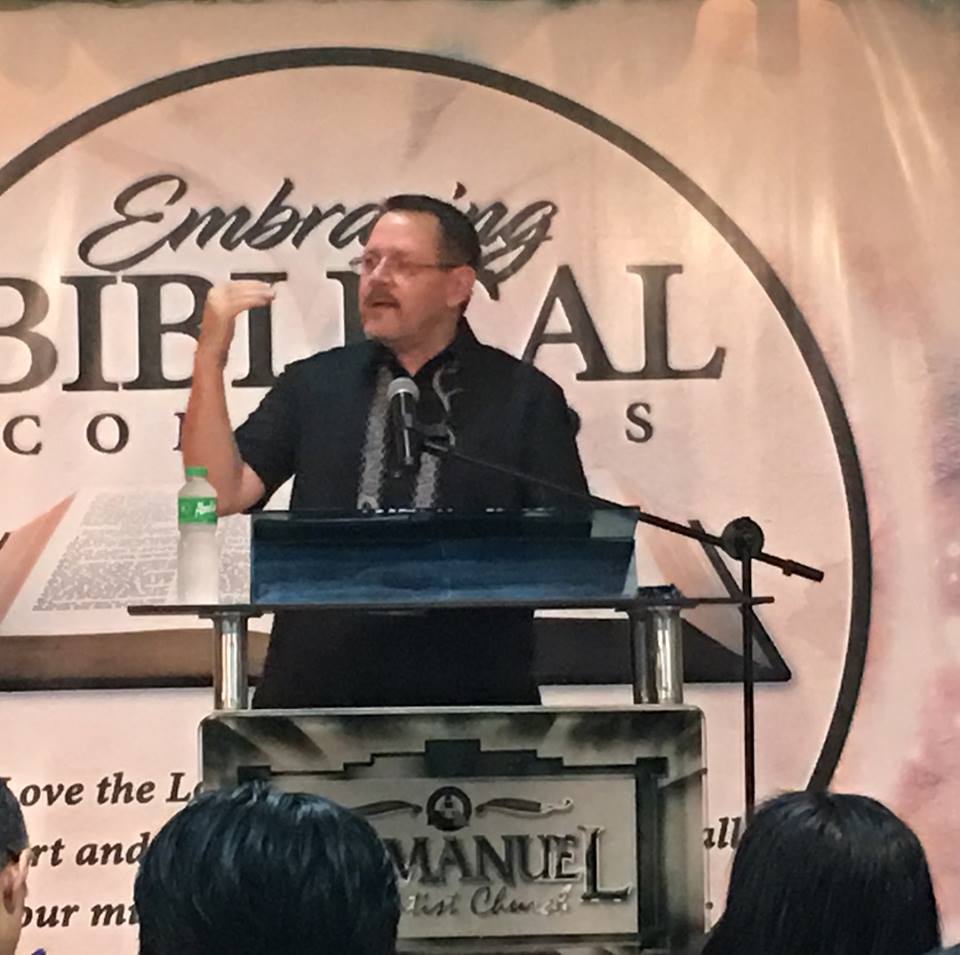|
Excerpt from the book, “Expositional Preaching: How We Speak God’s Word Today”, by David Helm (with 9Marks)… Chapter 2: Exegesis,
KEEPING FIRST THINGS FIRST All preaching must begin with exegesis. To put it differently, contextualization (trying to present the main ideas and points of a sermon and the gospel in a culturally effective way), theological reflection, and matters of today are held at bay – we should be committed to a process of preparation that keeps first things first. By this I mean that a faithful preacher starts the sermon process by paying attention to a biblical text’s original audience and a text’s purposes for those readers. And he makes this first audience his first concern in three different way. In one fashion or another, he:
Contextualization is a good dance partner, but she should never be allowed to lead. Put her before the exegetical steps in your sequence of preparation, and problems will quickly emerge. The trouble is that too many of us push exegesis back in our preparation, and we clothe the message in a short red dress of contextualization by focusing on culture and our ability to connect with it. It’s like we want to spin her out away from us in exciting circles, showing off her long legs and high heels. For many of us, then, our greatest challenge will be to reorient what comes first. The first step toward expositional preaching is to treat contextualization like a woman you hold close. You lead her in the dance of exposition. It simply won’t work the other way around. I can still remember where I was sitting on the day when this reorientation of mind-set clicked for me THE DAY THE PENNY DROPPED I was twenty-nine year old when Steve Bickley, a pastor and friend, introduced me to Dick Lucas. Lucas is now retired as rector of St. Helen’s Bishopsgate Church in London. Bickley had arranged for Lucas to spend a day with those of us on the pastoral staff of College Church under Kent Hughes. This would be the day the penny dropped for me – and of all of us, really. In short order, God used Lucas to challenge our conventional approach to sermon preparation. In two fast-moving hours, he put us in the world of a very familiar passage: 1 Corinthians 13. When he was done putting us through our paces, our preparation for preaching had found a new direction. He had set our feet on a better course, one that still guides me to this day. First, Lucas asked us to keep first things first. This was harder to do than I had imagined. I had always heard 1 Corinthians 13 referred to as “the love chapter.” My only exposure to it had been at weddings. On those occasions, the preacher’s approach to text – due to contextualization – was governed by the joyful event before us. Wedding days are ruled by the themes of encouragement and celebration, and the homilies I had heard on the text were likewise embedded with those sentiments. To put it another way, the audience in front of the preacher ruled the house. Never mind the audience to whom the letter was first written. Second, Lucas led us into a period of observation. He asked us to suspend judgment for a moment on what the text means or how it might be applied for today, but instead to consider the chapter in its immediate literary context. When we did, we saw that 1 Corinthians 13 was placed between two chapters that discussed spiritual, and in particular, the relationship between the gifts and spiritual maturity (12:1, 4, 9, 28, 30, 31; 14:1, 37) Third, Lucas asked us to search out the terms for gifts and spiritual maturity earlier in the letter. He wanted us ot listen intently until we knew how our text fit into the overall message of the book. That led us to 1:4-7, where Paul calls the Corinthians a gifted group. In fact, they did not lack any gifts at all. but in 3:1, Paul blasts this incredibly gifted congregation for being spiritually immature. He even calls them spiritual infants (vv. 1-2) It was beginning to dawn on us that some in Corinth had gotten the relationship between gifts and maturity mixed up. They had begun to think that certain gifts (“tongues” in this case) gave them an advantage in spiritual maturity. Our minds began to race. What was Paul really saying about love in chapter 13? Did he mean to rebuke them for their lack of love? Was the Spirit’s primary intention for the “love chapter” to correct rather than to encourage (in the guise of sentimentality)? Fourth, Lucas showed us how the context of the whole book was wedded to the vocabulary of chapter 13. Think of chapter 13’s “(love) is not arrogant.” Does this language show up previously in the letter? It does, and Paul’s prior use is not complimentary: “And you are arrogant!” (5:2) Lucas then stopped and allowed us to take it all in. We realized that this chapter would have landed in the Corinthian congregation like a bombshell. Paul was talking about love precisely because it was the oen thing the Corinthians lacked! They might have been a gifted group. But they were still infants. Paul wanted them to grow up, to be like him, a “man” marked by love, which for him was maturity. We had arrived in Corinth – with the first audience – and ironically found ourselves better prepared to preach a relevant message for people in Chicago. For me, the penny dropped right then and there. I could see the components necessary for any preacher doing exegesis. God powerfully used that day to reorder our approach to sermon preparation. All of us left that experience changed me. We had a renewed appetite for God’s Word and a newfound commitment to what it would take to become expositors of the sacred text. When the original or first audience becomes your first concern, you see things differently. Let me illustrate this with a telescope. Telescopes allow us to see far into the heavens. Galileo made them famous by using one to see craters on the mon as well as the millions or even billions of stars suspended in the Milky Way galaxy. The idea behind the invention is simple. Take two lenses, one larger than the other, and connect them with a sliding cylinder. The larger lens is curved with the capacity to magnify an image. The smaller lens is simply an eyepiece that allows the viewer to take a closer look at distant things. Hold the telescope the right way, and you will discover incredible things. But hold the telescope the wrong way, and the object in view suddenly appears distorted, small and out of focus. The beauty and shape of an object will be lost. The same principle can be applied to your process of sermon preparation. If you want to be a good biblical expositor, you need to discipline yourself to put your eye on the original hearers first. The will keep you from distorting the shape of your text and help you see what the Holy Spirit intends for your congregation. That said, there’s more to this than meets the eye. I don’t believe I can do the exegetical work on my own. And so, each time before I sit down to study the Bible, I pray. For while there are ordinary means of study, I need the Spirit’s extraordinary help in the process. And while I am going to share some practical things you can do in your study in the coming pages, you must understand that you are at the mercy of the Holy Spirit in understanding the text. ** Below is a diagram from the author which reflects how to and how not to do sermon prep and expository preaching! Rather helpful I think to help "the penny to drop for many." :)
1 Comment
|
Robert Thomas Clark, M.Div. This is the ministry blog of Robert Thomas Clark, It is designed to be a repository of inspiring, impactful & influential posts on biblical truth, themes and concepts, which brings insights and initiates inquisitiveness!. Archives
May 2024
Categories
All
|




 RSS Feed
RSS Feed
